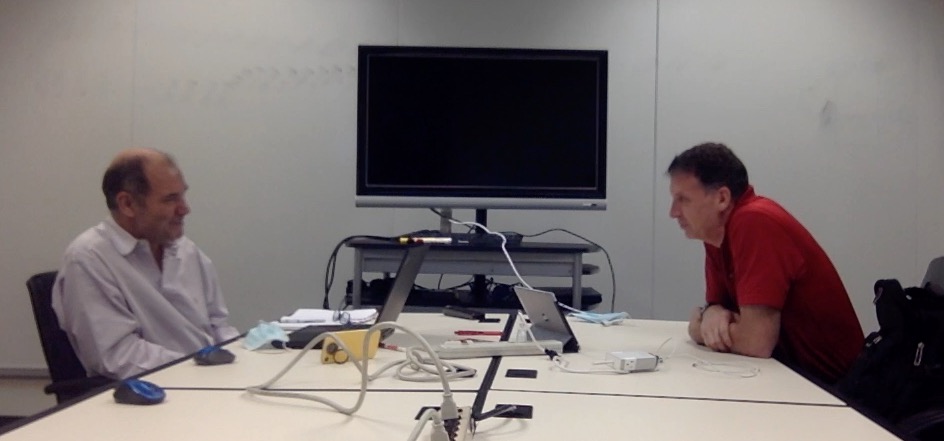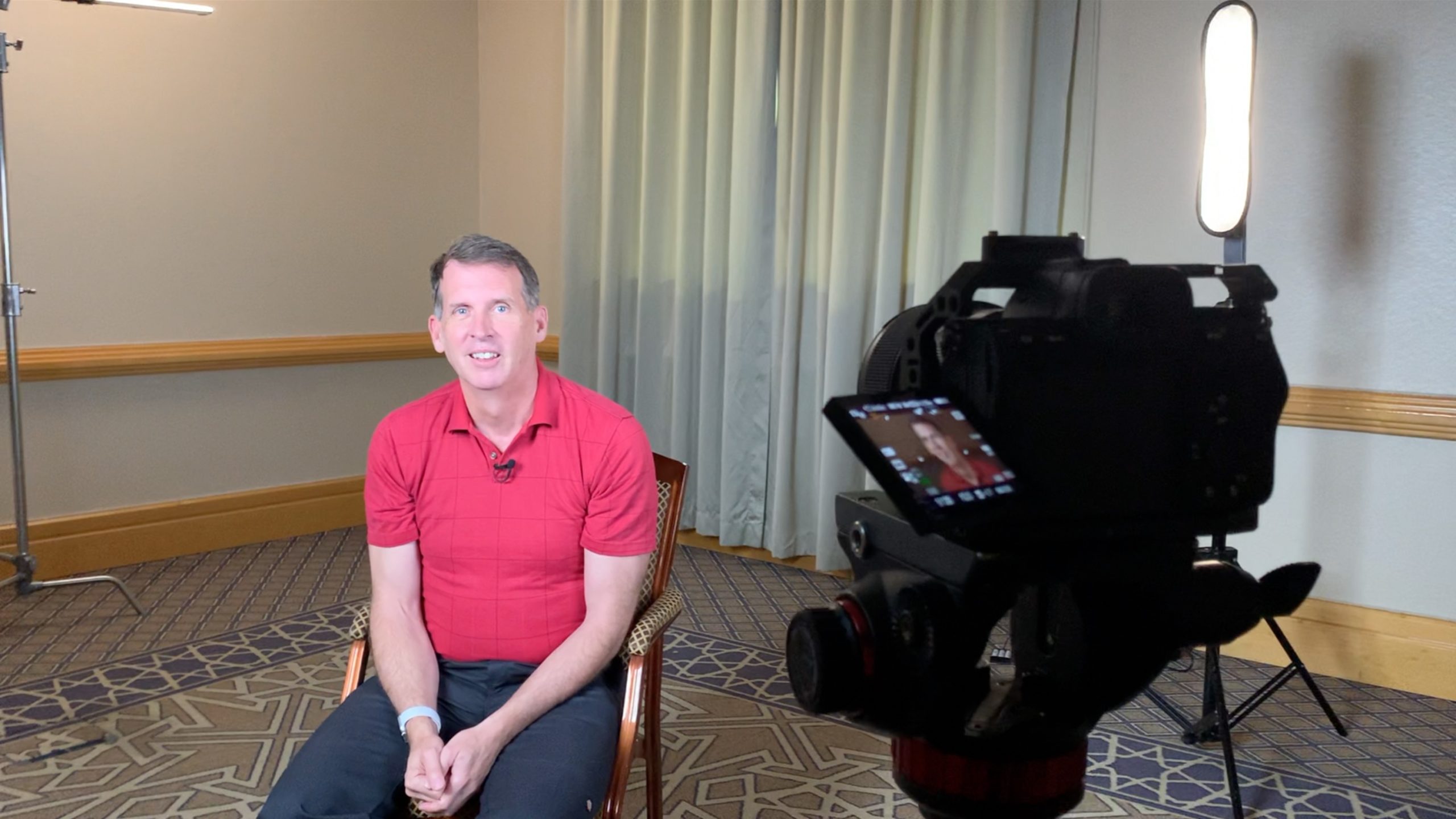Through a most of my career I have been able to have association with a special kind of IT professionals: those that are confident enough to work in assembler programming.
Assembler languages are those that are closest to the a specific computer hardware, without writing in something like binary 1’s and 0’s. Hardware and operating system manufactures define exactly what functions the computer can do, and assemblers perform all of those functions. Each function corresponds to a specific set of 1’s and 0’s. When we write in other languages, quite frequently those get turned into assembler during the compile process, either directly or indirectly through going straight to machine code. You can learn more about assembler and the first assembler developer I worked with in Balancing Act, Chapter 38. Abends.
I think that those who are able to work with computers at this level have a unique kind of boldness. They are willing to charge into problems, having a sense they can ultimately be solved if the fundamentals of the problem and the solution are understood, like knowing assembler.
In this conversation with Neil, we discuss Neil’s encouragement to try to tackle hard problems by making some progress on it today, right now. Neil is wise enough to assess what will likely be required to ultimately solve problems, and knows that often all those steps can’t be taken right now. But making some progress, in some way is the first step to solving any problem.
This is episode 264 of Conversations with Kip, the best financial system vlog there is. Check out Neil’s latest project at GenevaERS.org.





Leave a Reply